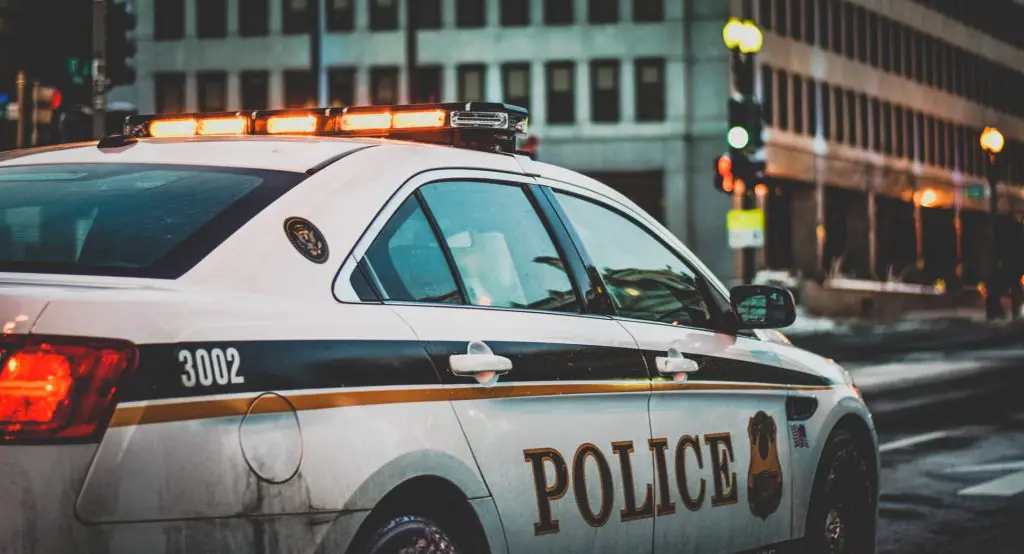Can parents take away something you bought? In the eyes of the law, parents do not have many rights to what their children own. The only way for a parent to take away an adult child’s property is by proving that they must do so to act as custodians or trustees over those assets. It gets a little tricky, though, if both adults and minors live under one roof as custodians of one another’s, the legal authorities appoint possessions for either age group.
What Is The Difference Between Custodianship And Trusteeship?
It is necessary to delve into law to discover whether any form of legal relationship exists between two parties. Custodianship and trusteeship have to do with relationships between people who have attained legal capacity, that is, the ability to enter into contracts under their name. Custody is the right to control a person’s behavior, while trusteeship gives people the right to manage a person’s property.
For parents to successfully argue they are entitled to custody of their child’s assets or property, they will need to prove that they are acting on behalf of both parents. In other words, this will be a custodial or trusteeship relationship between the two parents, allowing them rights of control over the child and their assets without having parental responsibilities.
Can Parents Take Away Something You Bought?
When parents have parental responsibilities for their children, they are entitled to make decisions on behalf of the child. These include the power to authorize or refuse medical treatment, guardianship, and general care. They are also obliged to give them food, clothing, and shelter unless they can prove that they will cause extreme hardship by doing so. In the case of a divorce or separation, the children become wards of their guardian, and that parent has both custodial and trusteeship powers over them. Furthermore, it is an offense for a guardian to do something which may cause harm to his ward’s person or property without good reason. This means a guardian will be punished if they dispose of or damage their ward’s property against their wishes.
Do Parents Own Their Children’s Property?
Parents do not own their children’s property but have custodial and trusteeship powers over it. Nevertheless, they cannot legally dispose of any property their children own unless they act on behalf of both parents and as a guardian or trustee. They will also be unable to make an application for any legal action against their child if their child has attained legal capacity. However, the law is less clear when adult children still live at home with their parents. This can be seen as a custodial relationship, an indirect parental responsibility or even a trusteeship relationship.
See Also: My Ex Hacked My Facebook – Can I Press Charges?
Can My Parents Take My Stuff When I’m 18?
If you are still living at home when you turn 18, it is extremely common for adult children to keep their belongings in the same place as they did when they were younger. This allows them to enjoy the familiarity of their old life without permanently changing any of their possessions. Under such circumstances, it will not be necessary for that child to attain the legal capacity to make major purchases because the parents already have that power over them. However, if the adult child has attained legal capacity, they can make major purchases using credit cards and only use their own income and savings.
Conclusion
Parents do not have a legal right to take anything away from their children. However, in some cases, they can claim damages against their child if they give away something of theirs without permission. You should also research how other states’ legal systems have treated similar situations before deciding what step you should take next.



